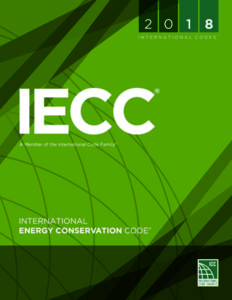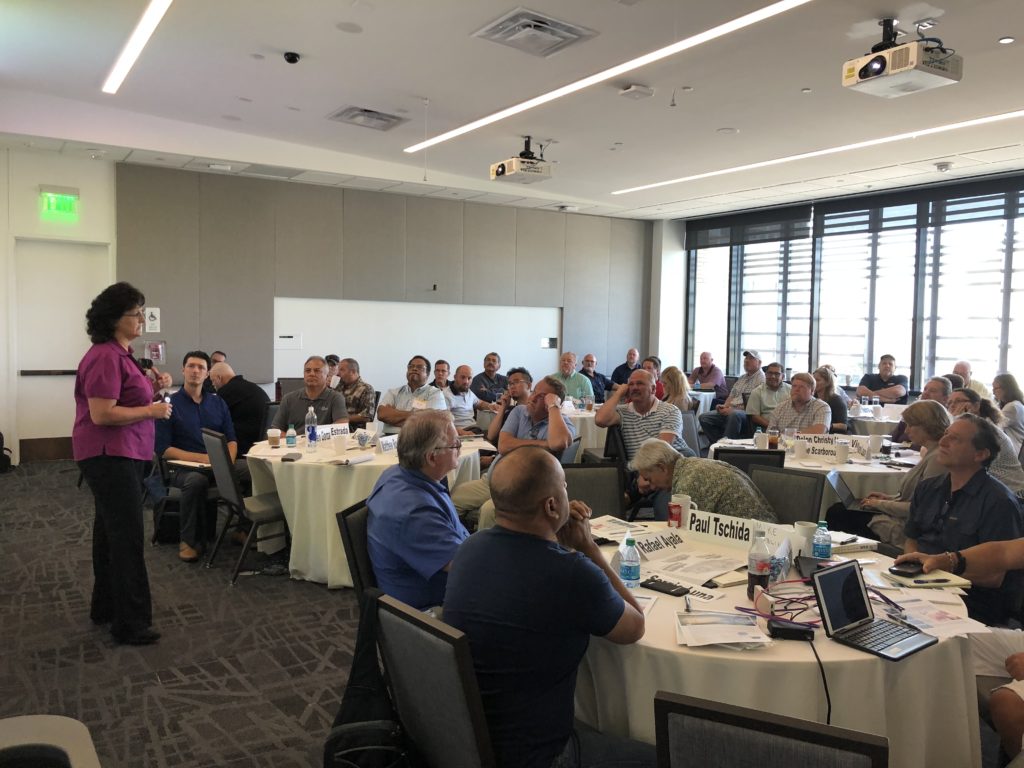
An outstanding energy codes conference
The 2018 National Energy Codes Conference, hosted by the U.S. Department of Energy (DOE), presented a valuable opportunity to learn about all things energy codes and was applicable to building officials, architects and designers, builders, engineers, manufacturers, policymakers, and anyone working in the field. Held July 15–18 in Austin, Texas, the event included a collection of engaging workshops, educational sessions and the latest updates affecting states and localities across the nation.
Each year, representatives from the six regional energy efficiency organizations: Southeast Energy Efficiency Alliance, Northwest Energy Efficiency Alliance, Southwest Energy Efficiency Project, Midwest Energy Efficiency Alliance, Northeast Energy Efficiency Partnership and South-Central Partnership for Energy Efficiency as a Resource, work with the DOE to provide a wide range of engaging topics. This year ICC was pleased to support the conference by providing scholarships to support the attendance of more than 30 individuals, and participated in two sessions — the nexus of energy and water and the future of building energy policy.
“Thank you very much for the scholarship and for the invite. I’ve never attended a conference related to energy codes before. It opened my eyes to what goes in to the creation and implementation of up and coming code changes. I look forward to future learning opportunities!” — Brad Hearne, CDBG Program Manager, Tarrant County
 To encourage increased training and learning opportunities, the International Code Council’s Energy Program provided a free energy code class — Simplified 2018 Residential IECC Training Workshop — which was well received. This roll-out of our new training format is one of the first solution-based offerings spearheaded by the ICC Energy Program. Led by Shaunna Mozingo of Colorado Code Consulting, 60 students participated in the new course. It is based on the premise that best practices that show a staged approach to implementation are effective, and the first step in applying the energy code begins with focusing on DOE’s eight identified key items that save the most energy. The course includes International Accreditation Service best practices that particularly support applying the International Energy Conservation Code, and provides a combination intake/plan review/field inspection form.
To encourage increased training and learning opportunities, the International Code Council’s Energy Program provided a free energy code class — Simplified 2018 Residential IECC Training Workshop — which was well received. This roll-out of our new training format is one of the first solution-based offerings spearheaded by the ICC Energy Program. Led by Shaunna Mozingo of Colorado Code Consulting, 60 students participated in the new course. It is based on the premise that best practices that show a staged approach to implementation are effective, and the first step in applying the energy code begins with focusing on DOE’s eight identified key items that save the most energy. The course includes International Accreditation Service best practices that particularly support applying the International Energy Conservation Code, and provides a combination intake/plan review/field inspection form.
The Code Council has a long history of involvement in the energy field and was pleased to host this forum and for the opportunity to expand its focus on energy use as it impacts the built environment. The Council will continue to engage with a wide variety of industry partners from across the building safety, construction and energy fields to further the conversation about energy efficiency and buildings. Its new ICC Energy Program will create a synergy across the ICC Family of Companies and partners, and lead new initiatives to address national needs and pursue new opportunities across the energy spectrum of the built environment.








